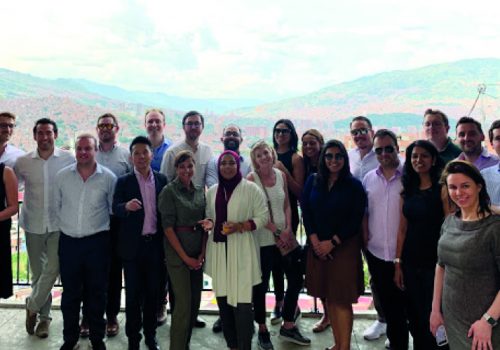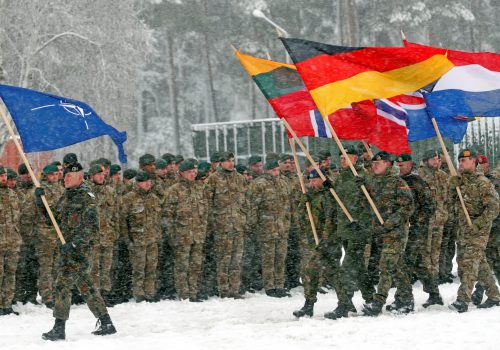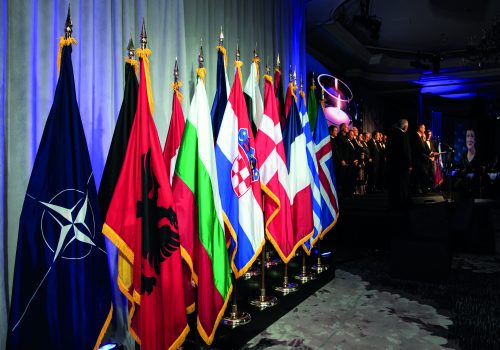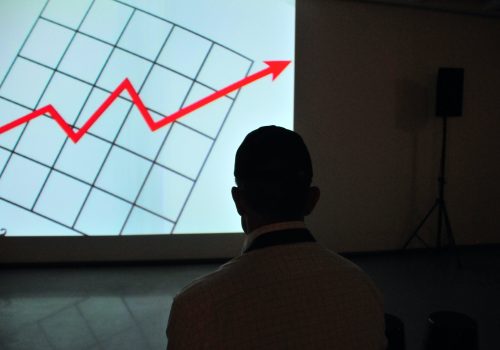Global Energy Center
Promoting energy security alongside partners to devise pragmatic solutions to the challenges of the energy.
The Global Energy Center (GEC) promotes energy security by working alongside government, industry, civil society, and public stakeholders to devise pragmatic solutions to the geopolitical, sustainability, and economic challenges of the changing global energy landscape.
The GEC has quickly developed into an important resource for governments, industry, and civil society to understand and navigate the energy transition. The center focuses on three core themes: energy security, geopolitics, and markets; understanding and managing the energy transition; and climate and advanced energy.
2019 also saw the unveiling of the GEC’s European energy security project, which evaluated opportunities for strengthening transatlantic energy security via events in Washington, DC; Brussels; and Berlin, and with a series of issue briefs on the future of US-European Union cooperation.
The Atlantic Council Task Force on US Nuclear Energy Leadership, co-chaired by Senators Mike Crapo (R-ID) and Sheldon Whitehouse (D-RI), launched its report, US Nuclear Energy Leadership: Innovation and the Strategic Global Challenge. The GEC also wrote two subsequent nuclear policy issue briefs, one of which was cited in a bipartisan letter signed by 20 senators arguing that support for US nuclear power should be included in the NDAA.
As part of the center’s spotlight on the role of oil and gas companies in the energy transition, the center hosted workshops in New York, Abu Dhabi, Singapore, and Houston with stakeholders from the finance, hydrocarbon production, and oil and gas trading industries, as well as a conference in Washington, DC, in collaboration with the International Energy Agency.
GEC’s Climate and Advanced Energy Program remained a driving force for the center’s work in 2019. Events in Washington, DC, a congressional staff delegation to South Carolina to explore the future of clean transport, and reports covering forest restoration financing, blockchain, and international grid integration strategies, all propelled this important program into policy makers’ line of sight. The center also launched the Veterans Advanced Energy Project (VAEP), anchored by the inaugural Veterans Advanced Energy Summit, which convened nearly two hundred people to discuss trends in clean energy and to hear from policy makers, including Representative Sean Casten (D-IL) and former Senator Kelly Ayotte (R-NH).
Finally, in partnership with the RBC Foundation, the center announced the inaugural class of its Women Leaders in Energy Fellowship, a one-year program for women energy and climate policy leaders under the age of thirty-five to receive unique mentorship opportunities and professional development training.
In 2020, the GEC will build on its expertise in energy security, the oil market, and the geopolitics of the energy transition, while continuing to amplify its analysis on climate, advanced energy, and civil nuclear issues. The center will also expand its research on sustainable aviation fuels; critical minerals; and carbon capture, utilization, and storage (CCUS); as well as the global impact of the 2020 US election on energy policy.
Next:
Read the full report:
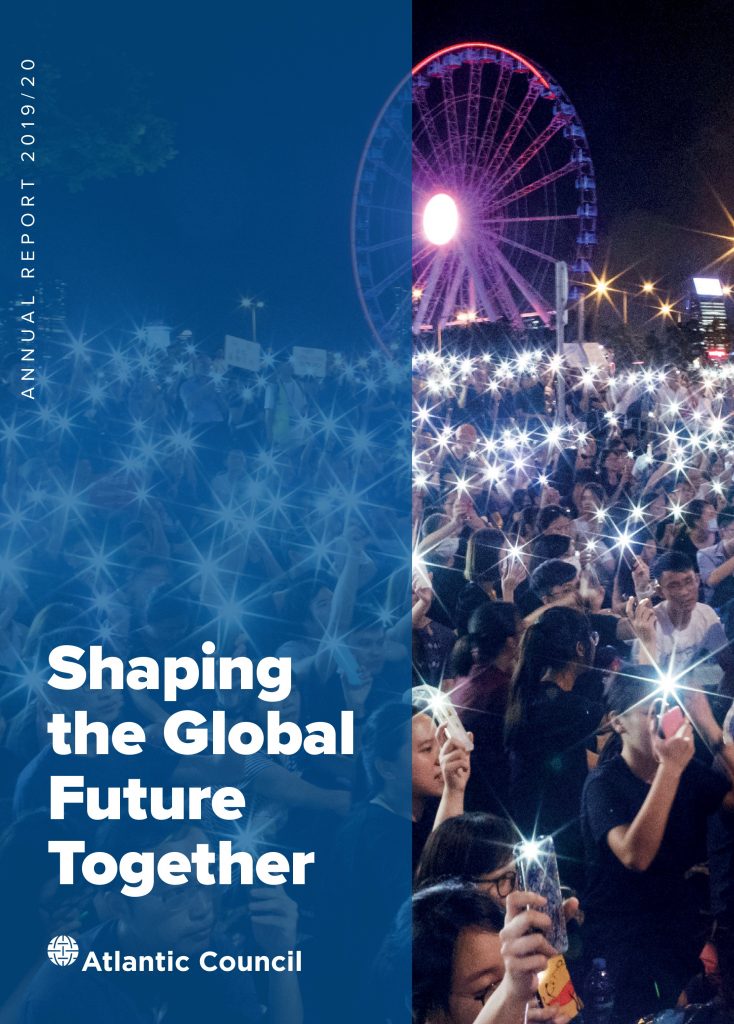
Annual Report 2019/2020
John FW Rogers, Chairman of the Atlantic Council, and Fred Kempe, CEO and President, explain how our past year’s performance, and a dozen years of growth and innovation, helped position us for the historic disruptions of 2020. Read the full introduction.
Image: Image: Smoke is seen following a fire at Aramco facility in the eastern city of Abqaiq, Saudi Arabia, September 14, 2019. REUTERS/Stringer
